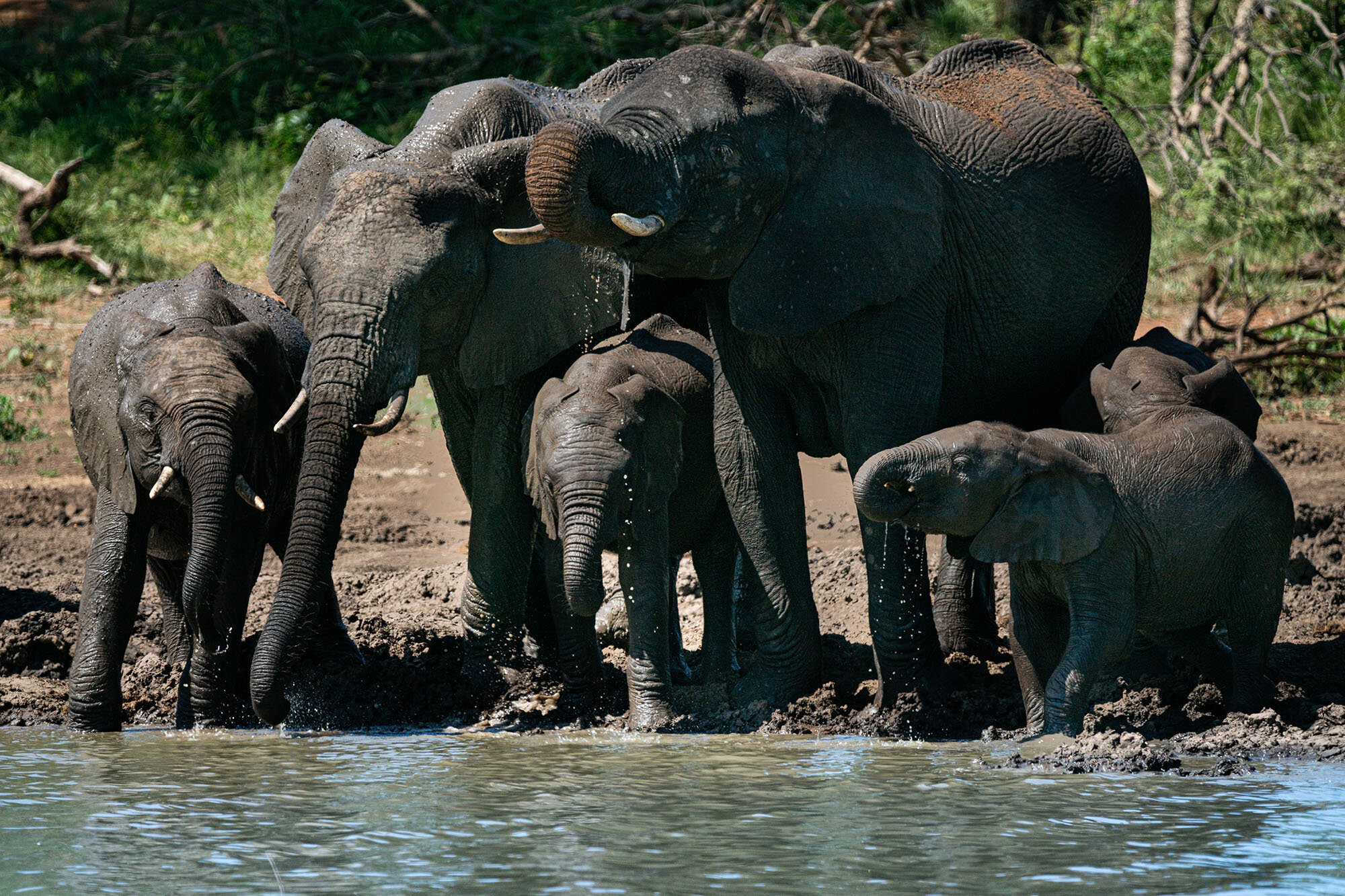
The Process
Creating Art with Animal Tracks
Before a painting ever begins - months are spent collecting molds of animal tracks in nature. Finding footprints is easy, but finding a clean footprint in the right soil can be tricky. For a track to be castable the soil has to hold its shape when silicone is injected - dirt with a high clay content or wet sand is ideal. The key to creating strong paintings starts with making detailed molds, and this takes a bit of experience, a bit of luck, and a lot of patience.
It all begins in nature.
Each painting starts by locating and collecting wildlife tracks in the mud, dirt, sand, or snow. The animal prints are always wild and never from captive or tame individuals.
-
Track
Winkler picks up on a trail and tracks the animal until a well-defined print is found (such as the lioness track above).
-
Cast
Silicone is injected into the animal track, covered up, and collected when it has solidified several hours later.
-

Paint
The tracks are transferred onto canvas with acrylic paint to create distinct abstract patterns.

Thank you
Walks of Life was made possible through the collaboration and generosity of many exceptional individuals and organizations.
Tom Wilson
Tanya Kangur
Nicole Baillie
Steve Baillie
Stijn van Stiphout
Wesley Steenkamp
Coenraad Stapelberg
Erik Beusse
Jono Berry
Jake Bacon
Jephthah Alweet Hlanhla Hlungwani

From the wild | To your wall
Photo (c) Karolina Lasse

